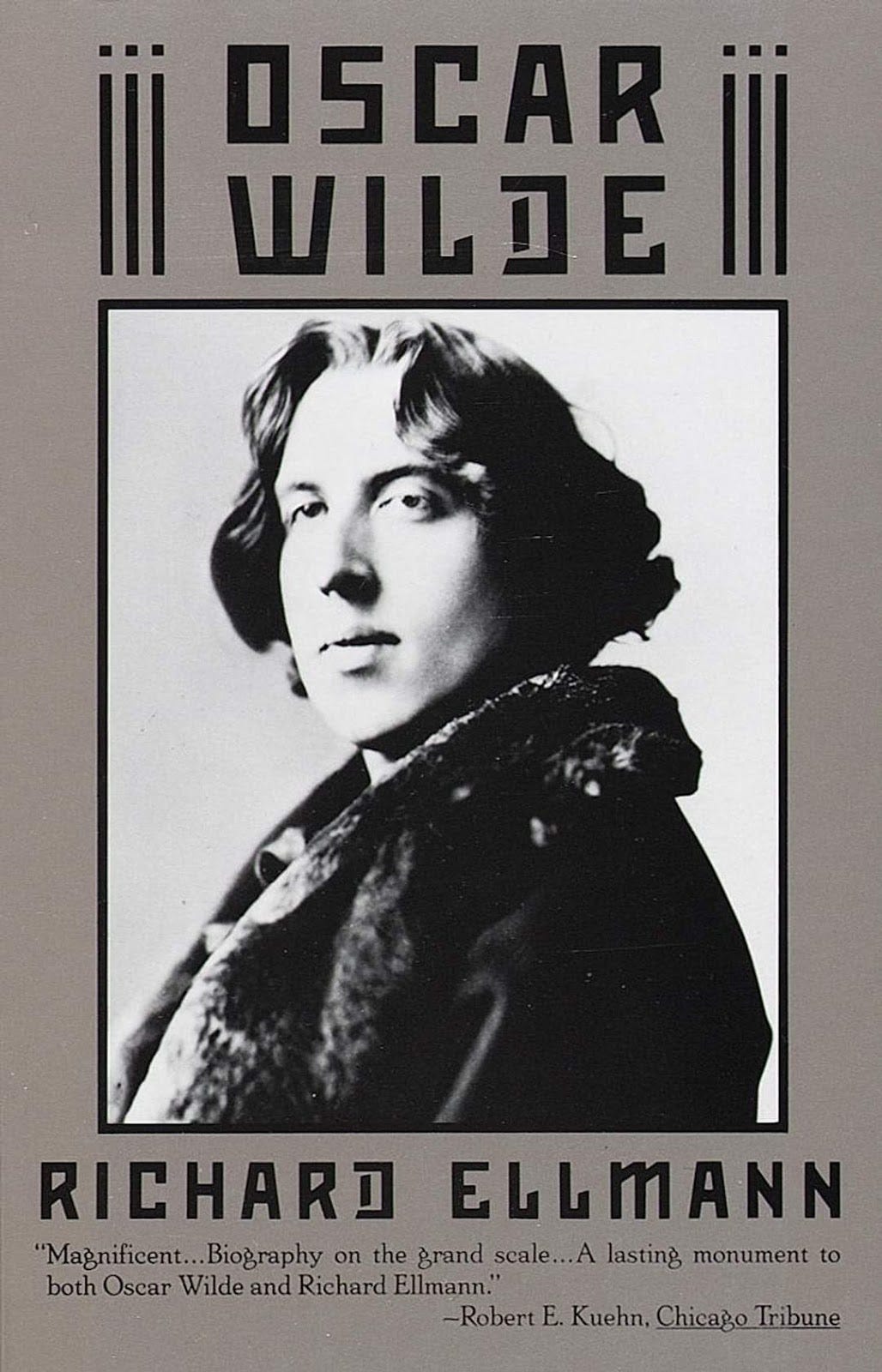....Wilde’s attitude of connoisseurship towards life and the aromatic manner of his expression, rather than his doctrine, prevented his slipping easily into American hearts. His invocations of beauty managed to sound faintly subversive, faintly unhealthy. His tour was a series of more or less successful confrontations in which his flagrant and unconventional charm was pitted against conventional maleness and resultant suspicion. His costume polarized opposition. Sometimes he thought of giving it up, but the obvious disappointment of his audiences made him don it again. The attacks on him were sometimes gratuitous, like that of Ambrose Bierce in an article of 31 March. But the first that found its target was an earlier one, on 4 February, by T. W. Higginson in the Women’s Journal. Higginson was a highly respected bore. He had much to answer for in literary terms, since he had judged unworthy of publication the strange poems showed him by an unknown Amherst woman; only after Emily Dickinson’s death would he penitently help edit them. Higginson took the occasion of Wilde’s visit to denounce both him and Whitman, as if the end of the alphabet needed pruning. Colonel of a black regiment in the Civil War, Higginson accused Whitman of pretending to military experience when he had been only a hospital nurse. As a former Unitarian minister, he was even more indignant with Wilde’s Charmides for undressing Athena’s bronze statue. ‘Nudities do not suggest the sacred whiteness of an antique statue,’ he said with some inaccuracy, since Greek statues were painted, ‘but rather the forcible unveiling of some injured innocence.’
With military and clerical ferocity, Higginson berated Wilde for writing prurient poems instead of helping to work out the Irish problem in his own country. Higginson was especially agitated because his Newport neighbor Julia Ward Howe, whom he all but named, had entertained this pornographic poet in her home.
Higginson was made to taste the grapes of Mrs Howe’s wrath. She wrote a letter to the Boston Evening Transcript on 16 February, denying the colonel’s right to decide who should be received socially. Judges as eminent as Higginson had admired Wilde’s poems. Wilde was willing to learn as well as teach. ‘To cut off even an offensive member of society from its best influences and most humanizing resources is scarcely Christian in any sense.’ She received Wilde’s thanks for her ‘noble and beautiful’ letter. 23 Higginson was silenced, but the Pall Mall Gazette on 18 March ironically endorsed Mrs Howe’s courage in trying to improve Wilde. For the moment he was paying in America for the heterosexual overtones in his poems, as later, in England, he would pay for the homosexual overtones in his prose....
Oscar Wilde by Richard Ellmann (1988)



